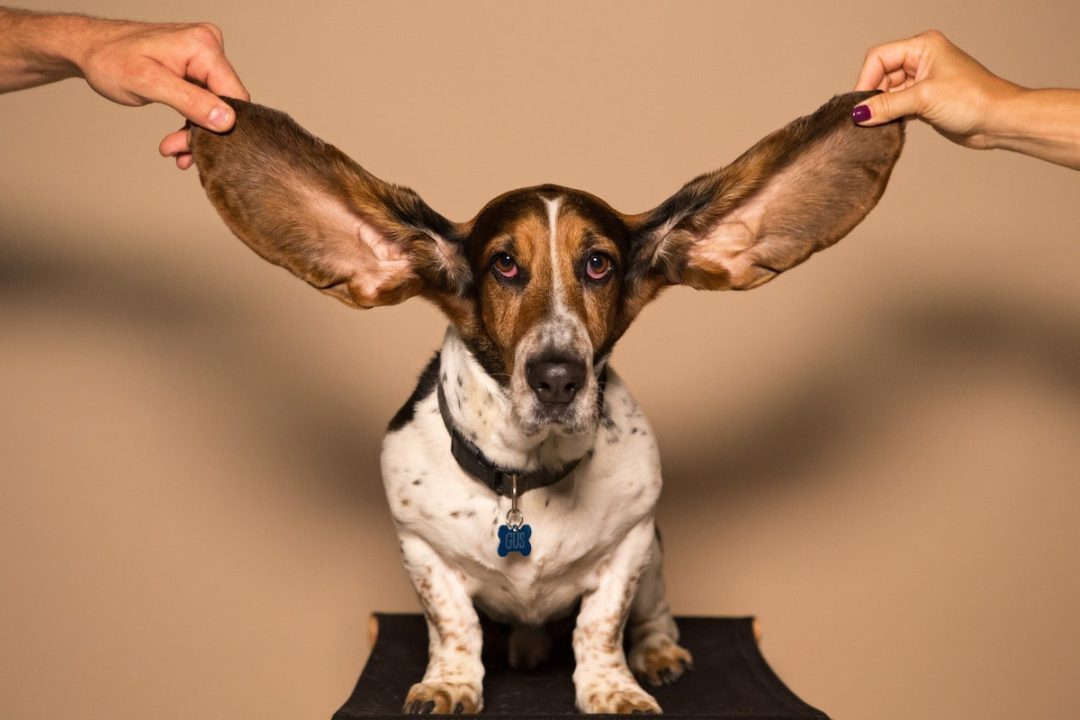Ear fatigue is common amongst engineers, especially during marathon sessions. In order to do your best work, it’s best to understand what ear fatigue is and how you can minimize (or avoid) it.
What Is Listening Fatigue?
When you listen to loud music over an extended period of time, your ears become less sensitive. This type of fatigue isn’t a clinical diagnosis, but rather a phenomenon that many professionals have experienced and described. In other words, you start to hear things differently than when your session first started — your ears aren’t “fresh” anymore.
What Is Hearing Loss vs. Ear Fatigue?
Hearing loss is a diagnosable, physical detriment to your hearing. Many people with significant hearing loss experience tinnitus, or ringing in their ears. This is from prolonged exposure to very loud sounds, or from a momentary, high-SPL sound which can actually damage your hearing.
Ear fatigue isn’t so much a physical issue as it is a mental one. Your ears aren’t actually damaged when they’re tired; you just start to hear things differently, maybe only subtly, and you may start to make mix choices based on fatigue rather than what’s really coming out of the speakers. Researchers believe ear fatigue is related to the psychological perception of sound as outlined by the equal-loudness contours.
How Long Does Listener Fatigue Last?
It’s hard to say as everyone is different, and since it’s not a clinical problem, there’s no substantial data stating how long ear fatigue lasts. If anything, you should be right by morning, or after a few hours of non-exposure to loud music/sounds.
How to Reset Your Ears After Too Much Listening
Take a break! It’s honestly that simple. Retire for the night and come back with a fresh perspective (and ears) the following day. Go for a walk, read a book, or take part in some quiet activities that don’t force you to critically listen or expose you to high volumes. However, it’s best if you can avoid ear fatigue in the first place — that way you can still bust out the marathon sessions while keeping your critical listening skills sharp.
3 Preventative Steps to Prevent Hearing Fatigue
- Volume, volume volume. Mix loudly only in short bursts for reference, but do most of the heavy lifting at low or moderate levels. Fatigue kicks in when you’ve been listening loudly for an extended period of time. We have to check the mix at high volumes — that’s when the Fletcher-Munson curves start to flatten out. Just be judicious about it. It might be handy to keep a sound meter around to ensure you’re not overdoing it SPL-wise.
- Split up your sessions. I.e., dedicate sessions just to production/recording, sessions just for mixing, etc. If you can manage it, don’t do everything all at once. It’s unavoidable in certain situations where clients have a tight budget and expect to record and mix all in one session. But whenever possible, don’t overwork yourself and your ears.
- Strategic breaks. Try to find non-listening work that’s still productive. For example: Let yourself listen to the mix a set number of times, then take a break by filling in metadata, organizing tracks by name/color if you haven’t already, cleaning up the studio, etc. Find ways to optimize time by still getting stuff done while you give your money-makers a rest.
One last thought: If you’re not sure whether your ears are fatigued, keep a mix you know inside-out handy. Reference it, and if it’s sounding “off,” it’s probably time to take a break.
